Table of Content
IoT systems are challenging and create complex problems that require specialized IoT skills.
Enterprises without in-house IoT expertise usually opt for a strategic partnership with an established IoT development company with expertise readily available.
Learning and understanding essential IoT skills is critical to starting or scaling existing infrastructures.
Designing and developing IoT systems requires a combination of technical and nontechnical IoT skills as well as knowledge about IoT architecture, hardware design, software development, programming languages, connectivity protocols, security, and more.
IoT consultants work with clients in planning resources focusing on each individual IoT systems’ security, scalability, and efficiency.
Custom Hardware Design and Development
IoT systems require specialized skills in design and engineering and knowledge about hardware components, microcontrollers, electronics and circuit design, PBC layout and routing techniques, power management (battery management, power conversion, and energy harvesting), etc.
IoT skills for hardware design also include signal processing, circuit theory, and board-level design for manufacturing and testing. IoT developers specifically design for manufacturing and testing.
Firmware/Software Development
Customizing hardware also requires understanding embedded systems and having programming skills with languages such as C, C++, Python, and Assembly, for example. In addition, creating IoT systems requires knowledge of microcontroller architectures, platforms, environments, servers, and applications. IoT developers also need knowledge about real-time operating systems, database management, mobile app development, and web development.
Sensors and Actuators
Designing IoT hardware requires knowledge about the characteristics and types of sensors and actuators as well as specific use cases.
IoT development skills with sensors and actuators are essentially about integration techniques to design the interface and control circuits ensuring integration with multiple devices.
IoT developers must understand sensing principles (resistive, capacitive, optical, and inductive sensing) and sensor specifications (accuracy, sensitivity, operating range, resolution, and response time) to choose the appropriate sensor, create sensor networks, and design the signal conditioning and amplification circuits.
Also, knowledge about calibration and testing is needed to ensure accuracy, reliability, and power management techniques for creating designs and functionality that work efficiently with the available power.
Network Engineering and Connectivity Protocols
Creating IoT systems requires knowledge and skills about network architecture, protocols, and standards that enable communication between IoT devices and systems. Network engineering skills include network topologies, routing, switching, and security methods.
Network architecture expertise is needed to design the structure of the physical and logical components of a device’s communication. IoT developers with network skills can also enable integration of devices from different manufacturers.
IoT developers leverage the advantages and limitations of network connectivity protocols to connect devices and gateways with cloud services and transmit data using wireless communication technologies such as Bluetooth, Wi-Fi, Zigbee, cellular, or satellite.
IoT skills in messaging protocols (MQTT, HTTPS, CoAP) are critical, as these establish the rules on how devices communicate and transmit data over the network.
IoT Security
The security of IoT systems is an important architectural component as it protects and secures data transmission and implements encryption, authentication mechanisms, and access control.
IoT developers use safe coding practices that resist vulnerabilities (buffer overflow and injection attacks). They are familiar with SSL/TLS protocols and encryption algorithms in order to conduct vulnerability testing, respond to incidents, and create mitigation strategies (risk management).
Cloud Computing
The cloud is a key component of IoT systems, providing the infrastructure enabling data storage, processing, and analysis. The cloud also provides platforms and services that enable the scalability and flexibility to handle large data volumes.
IoT developers with cloud computing skills understand and leverage the processing power to handle real-time data processing, data analytics, and machine learning models.
IoT Data
IoT devices generate large amounts of data that must be processed to generate insights for business decisions. Therefore, it is fundamental for IoT developers to have data skills and to support data science and data engineering teams to build innovative IoT solutions.
The main data skills required for developing IoT systems are data modeling, database design, schema development, storage technologies (SQL and NoSQL databases), data processing techniques (stream and batch), data visualization and tools, statistical analysis, data mining techniques, and data security.
IoT developers’ skills help to optimize data transmission using data compression and to minimize packet overheads to ensure efficient network usage. In addition, data analysis and visualization help to provide understanding of system performance and optimize data transmission.
Machine Learning/AI
IoT systems are usually combined with machine learning to improve existing products and business processes or solve domain-specific problems using data extracted from IoT devices.
IoT developers learn about the machine learning use case and support from data science, data analysts, and AI engineers and become familiarized with all the data aspects required to build the ML solution.
Machine learning creates prediction services that benefit core IoT systems and must be designed to work with large amounts of data and a specialized data skill set. Data collection, preparation, and exploration methods are performed to build an understanding of the data relationships and attributes for creating a prediction model (ML models).
ML skills are about choosing algorithms, engineering features, training machine learning models, tuning (hyperparameters), monitoring and evaluating the model performance, and supplying many other techniques to support IoT developers with MLOps teams.
Key Takeaway
Developing complex IoT systems requires technical and nontechnical skills, including hardware design, firmware/software development, sensor/actuator integration, network engineering, IoT security, cloud computing, and data analytics/machine learning.
Enterprises without in-house IoT expertise may partner with established IoT development companies to access specialized IoT skills quickly. Investing in planning resources focused on security, scalability, and efficiency is critical to designing and developing successful IoT systems.
With the increasing demand for IoT devices and solutions, acquiring and maintaining essential IoT skills is crucial for businesses to stay competitive.

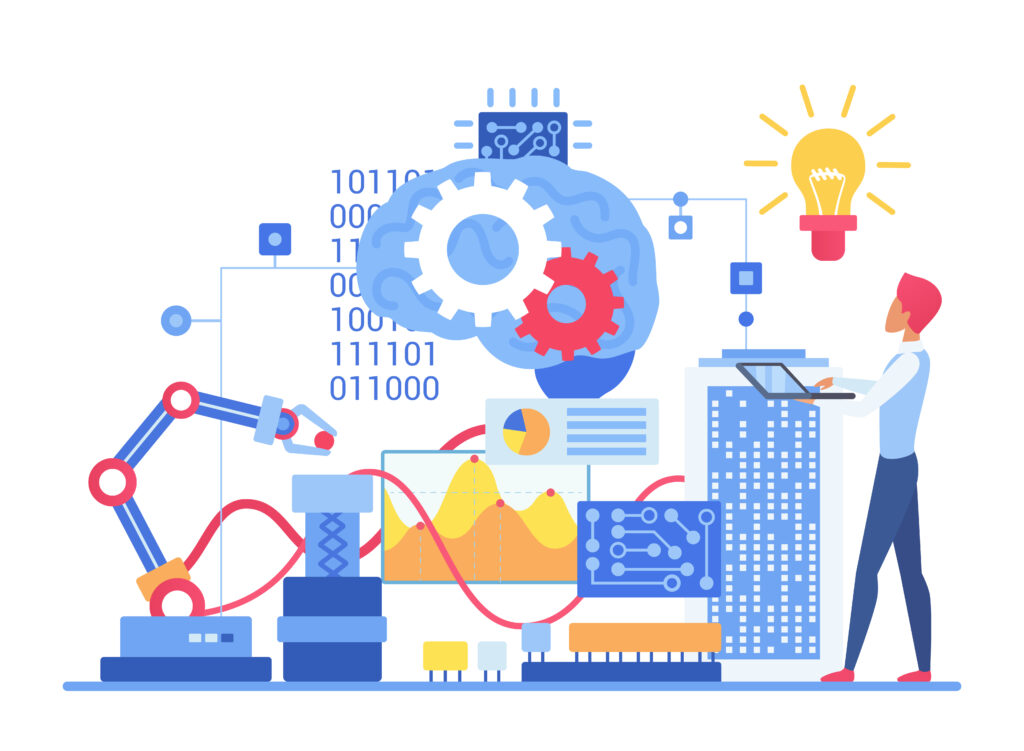



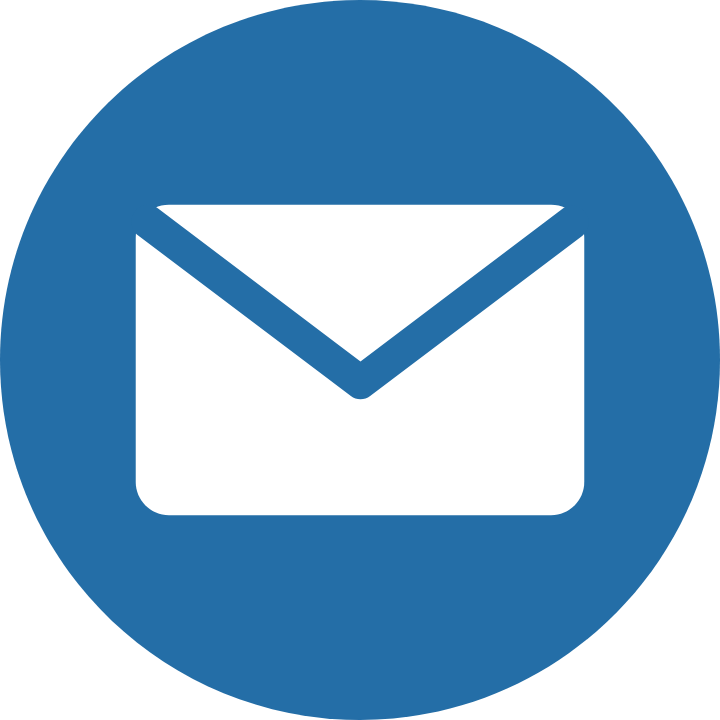


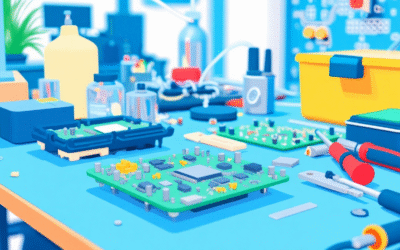

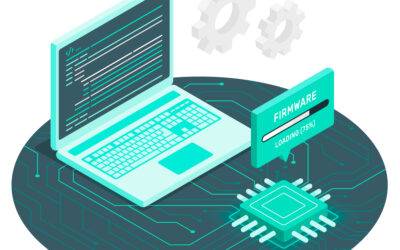

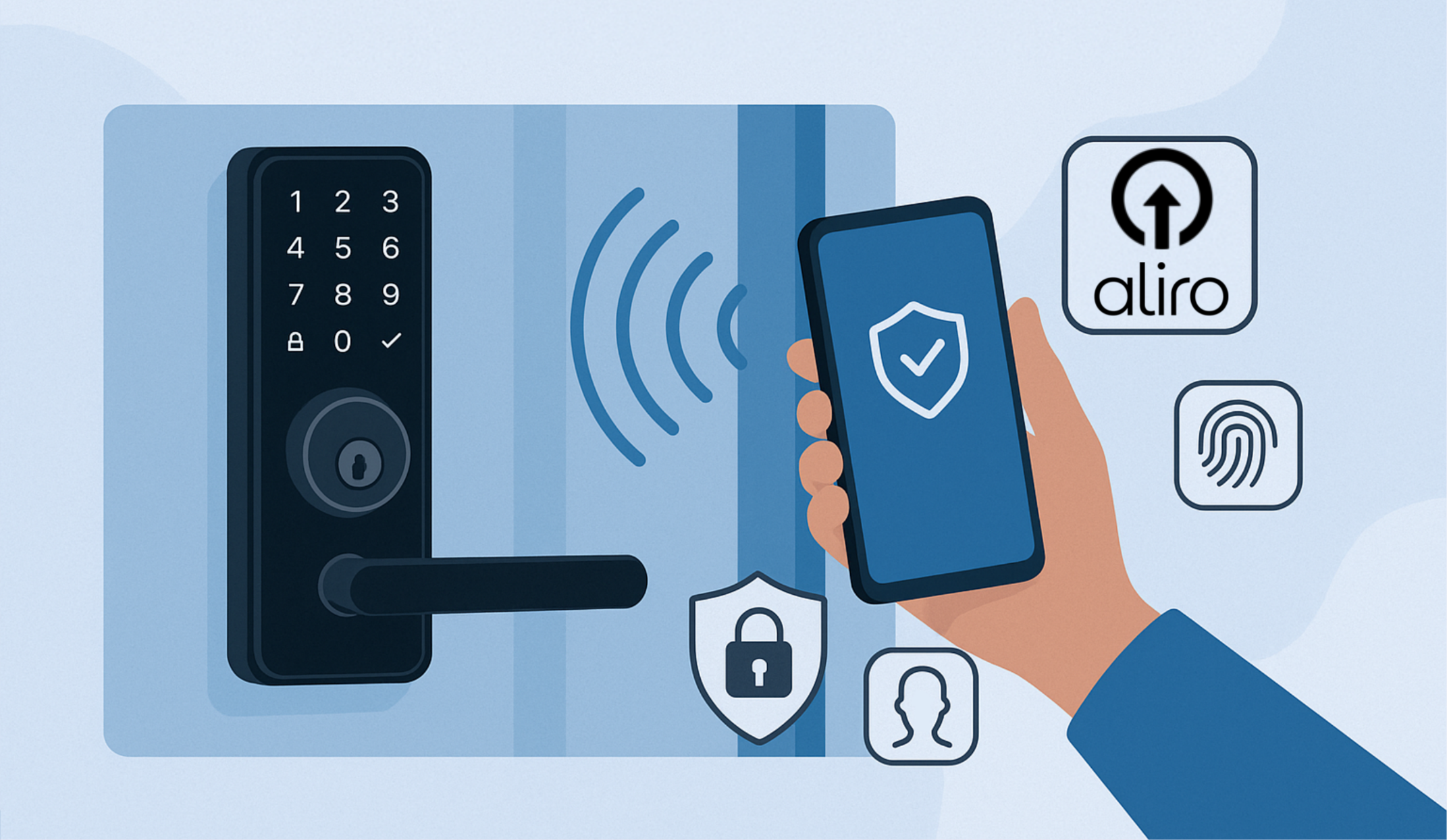
Omg great blog post!!! 👏 your key takeaway summary is SPOT ON 🤩! Developing complex IoT systems indeed requires a combo of technical & nontechnical skills. As an expert in IoT system development, I can attest that partnering with an experienced company for specialized IoT skills and consulting services, like Internet of Things consulting, is a no-brainer.
I’m not sure I buy the broad brushstroke treatment of firmware/ software development in IoT system development. Can you elaborate on what’s being left out?
I’m intrigued by your skepticism regarding the broad treatment of firmware/software development in IoT systems. Upon closer inspection, it seems that the blog post glosses over the intricacies of microcontroller architectures, real-time operating systems, and database management, which are crucial aspects of software development for IoT devices.
In practice, I’ve seen that a deep understanding of these technical nuances is essential for creating scalable and efficient IoT systems. Without this level of expertise, it’s challenging to ensure seamless integration with various hardware components and networks.
Enterprises seeking to develop successful IoT solutions often require strategic partnerships with established internet of things consulting firms to access specialized skills quickly. This highlights the importance of investing in planning resources focused on security, scalability, and efficiency.
Your point is well-taken, and I appreciate your willingness to critically evaluate this topic.
You raise a valid point about the broad treatment of firmware/software development in IoT system development! Upon closer inspection, I see that the post indeed glosses over some key aspects, such as the nuances of embedded systems programming, low-level memory management, and the complexities of integrating various libraries and frameworks. Perhaps an in-depth article on IoT internet of things consulting could provide a more comprehensive view?
I concur with the post’s emphasis on cloud computing and data skills as essential for IoT development! Having a solid grasp on these areas enables developers to optimize system performance, streamline data processing, and unlock actionable insights. Developing proficient IoT skills is crucial in today’s connected world.
I agree that cloud computing is crucial for IoT development. Moreover, collaboration with IoT consulting companies can be beneficial.
Hey blog author, can u elaborate on the network topology aspect? Asking from an IoT consulting perspective.
I wholeheartedly agree with the importance of cloud computing and IoT data skills in developing effective IoT systems. As a business analyst with experience in IoT consulting companies, I can attest that integrating these skills not only enhances data processing but also fosters innovation through machine learning models. Strong data management is crucial for system optimization, and this blog post provides valuable insights into the essential skills required for developers to succeed.
I completely agree with the importance of acquiring and maintaining essential IoT skills in today’s connected landscape! In addition to the key takeaways mentioned, it’s also worth noting that understanding the role of IoT system development in driving business outcomes is vital. A well-planned and executed IoT strategy can lead to significant revenue growth and improved customer experiences.